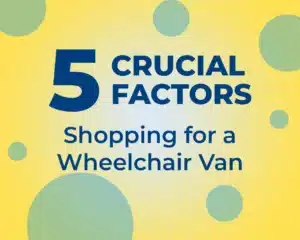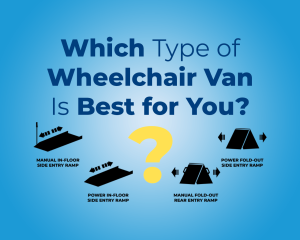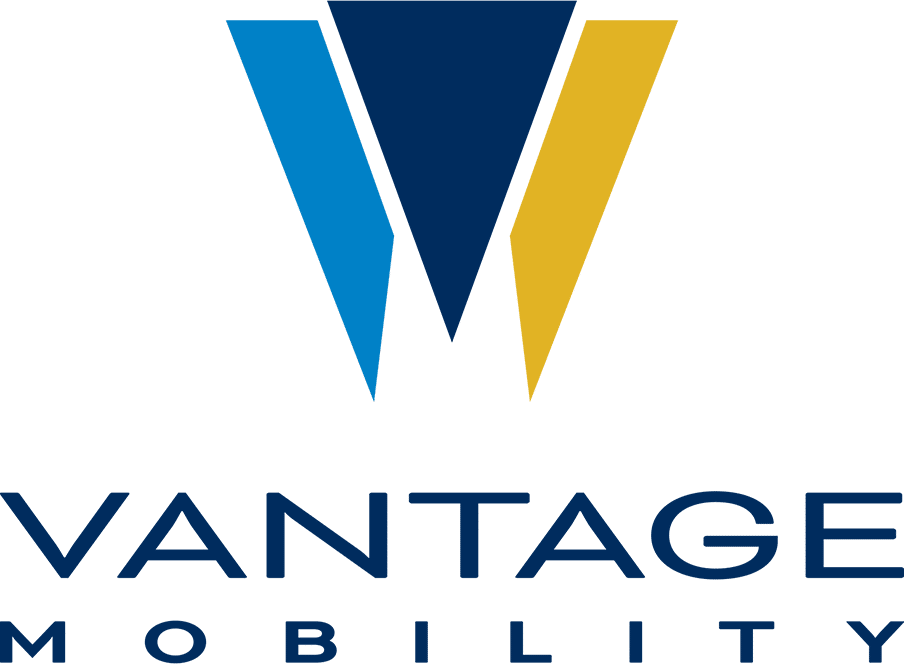September is National Suicide Prevention Awareness Month. This is a time to share important resources that can shed light on an often taboo topic like suicide. Use this month to encourage people to reach out to those affected by suicide, raise awareness about suicide prevention, and connect anyone who might have suicidal thoughts to treatment services.
It’s also important to ensure that individuals, military veterans, service members, friends, and families have access to the resources they need to check in on their loved ones and discuss suicide prevention effectively. In an effort to help, we’ve put together a list of resources that anyone can use.
Take Action in your Community
National Suicide Prevention Week takes place over the Sunday through Saturday (September 10 – 16) surrounding World Suicide Prevention Day, September 10. No matter where you are in the U.S., your local area may be doing some events throughout the week. A few activities to consider:
- The American Foundation for Suicide Prevention (AFSP) sponsors community walks to raise awareness around the week. Titled Out of the Darkness Community Walks, it’s an opportunity to bring people together and discuss mental health in a safe space. People with limited mobility are encouraged to participate as well.
- To help spread awareness online, swap out your profile photo for a week to the World Suicide Prevention Day (WSPD) ribbons. Change for any amount of time offers much-needed visibility in your personal network.
- You can also post supportive and positive messages on social media to help spread the word. #BeThe1To is the National Suicide Prevention Lifeline’s message for National Suicide Prevention Month and beyond, which helps spread the word about actions we can all take to prevent suicide.
- Post content with the hashtag #NPSW17 to participate in 2017’s National Suicide Prevention Week conversation.
- If you want to make a difference throughout the year, try finding an AFSP chapter in your area. With local programs and events in all 50 states, they educate large groups of people about mental health through community programs, research and advocacy, and support for those affected by suicide.
- Volunteer as a field advocate for suicide prevention. Each volunteer commits to contact and build relationships with members of Congress and state lawmakers to help prevent suicide a state level. You’ll receive emails on public policy so you know how to make a long-term political impact.
Find 24/7 Support Online
If you see the warning signs in a friend or can even see them in yourself, don’t hesitate. When someone is struggling emotionally or having a hard time, you can be the difference in getting them the help they need. Please reach out for support yourself, and pass along any of these hotlines or resources.
- If you are in crisis, please call the National Suicide Prevention Lifeline at 1-800-273-TALK (8255) or contact the Crisis Text Line by texting TALK to 741-741.
- For veterans, the 24/7 Veterans Crisis Line (VCL) provides immediate access to mental health crisis intervention and support. Call 1-800-273-TALK (8255) and then Press “1” to reach highly skilled responders trained in suicide prevention and crisis intervention.
- If you’d rather chat online than make a phone call, VCL also offers immediate and confidential chat functionality with people trained to help.
- Veterans Affairs now operates a Women Veterans Call Center (WVCC), created to contact women veterans to inform them about eligible services. Call 1-855-VA-WOMEN to learn more about how they’ve bolstered mental health services for women.
- The PTSD Coach app can help you learn about and manage symptoms that often occur after trauma. Features include easy-to-use stress management systems, direct links for support and help, and reliable information about PTSD. Download it on the iOS Store or Google Play Store.
- For families and friends of veterans, Coaching Into Care provides a motivational coaching service for anyone that sees that the veteran in their life needs help in some capacity. The coaching will typically help a caller figure out how to best approach a situation to motivate a veteran to seek mental health services.
- If you’ve encountered a direct threat of suicide on Facebook, National Suicide Prevention Lifeline has worked with Facebook to let you report the content and help support the user. Also, please contact one of the above suicide hotlines immediately and follow-up about what you saw. If the person you’re worried about is a veteran or a current service member, be sure to mention this on the phone and in the report so they can provide this person with custom support.
Make a Donation to Help
If you’re interested in further supporting suicide prevention, donate to any of these lifelines, non-profits, and research organizations.
- American Foundation for Suicide Prevention (AFSP)
- Suicide Prevention Lifeline
- Treatment Advocacy Center (TAC)
- National Alliance on Mental Illness
- Trevor Project
- Brain & Behavior Research Foundation



















